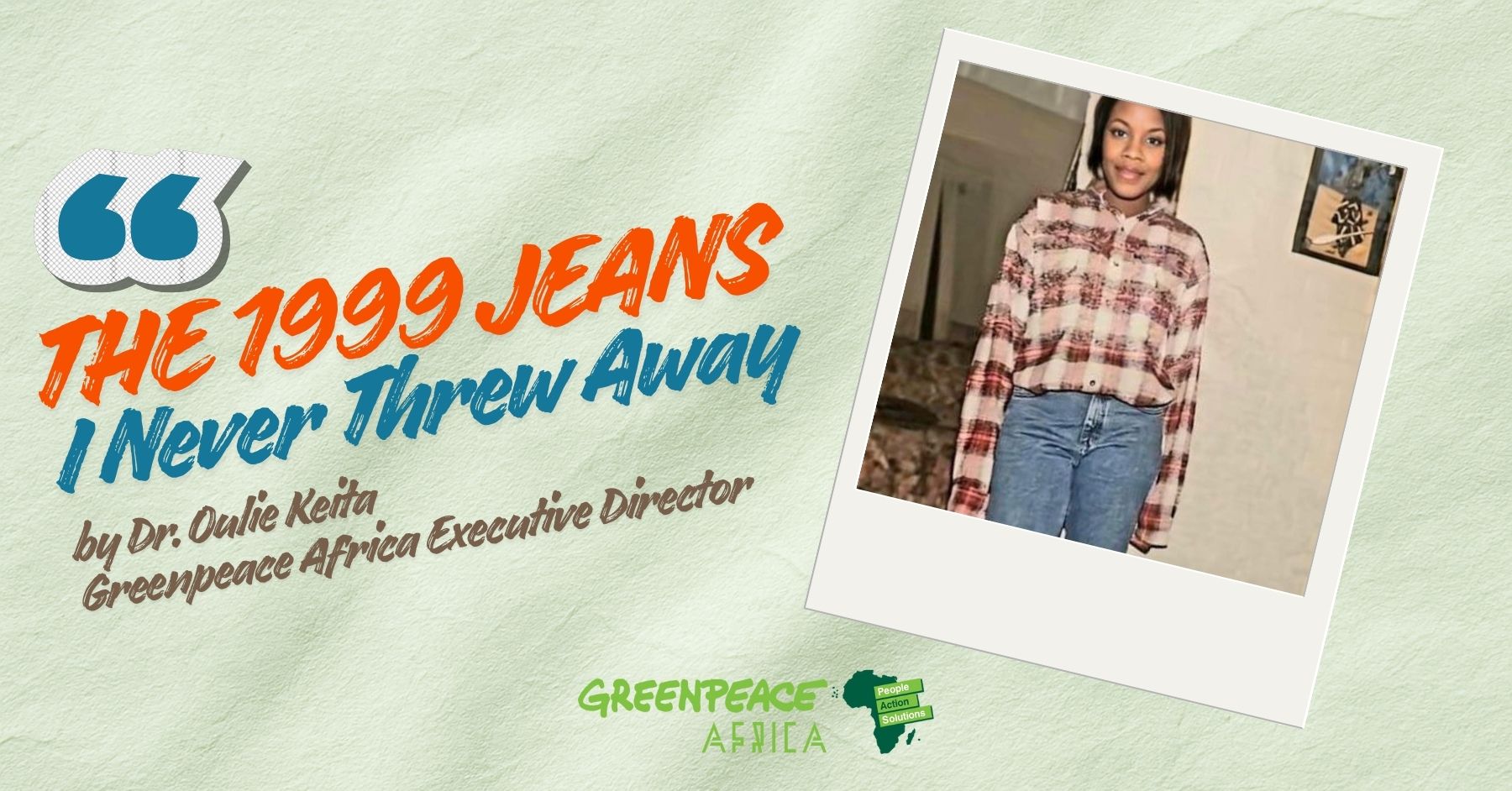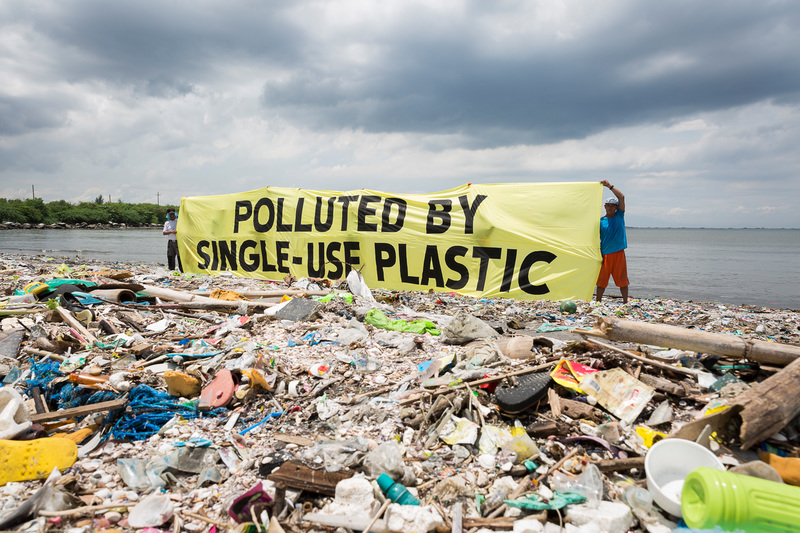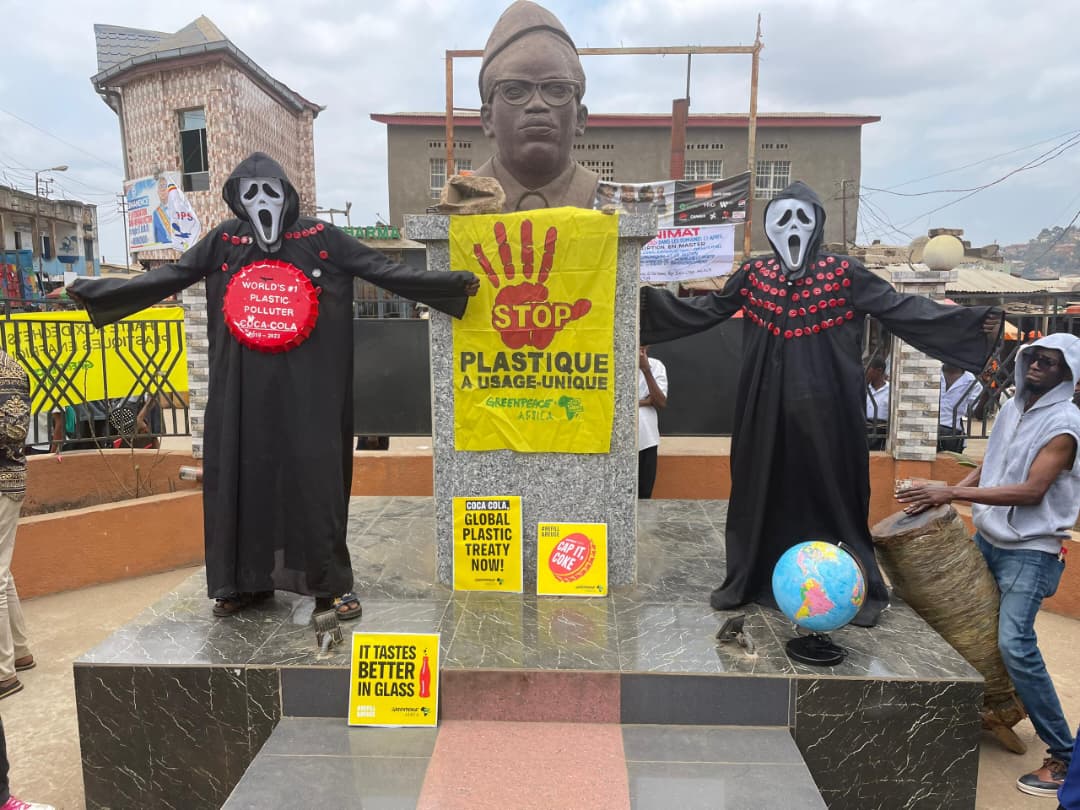8.5 billion tons of plastic have been produced in the world since 1950. This figure is appalling, the extent of the disaster that weighs like a sword of Damocles, on our heads. And the trend is not about to be reversed if we do not take, here and now, at the highest level, strong, courageous and ambitious measures that are legally binding.
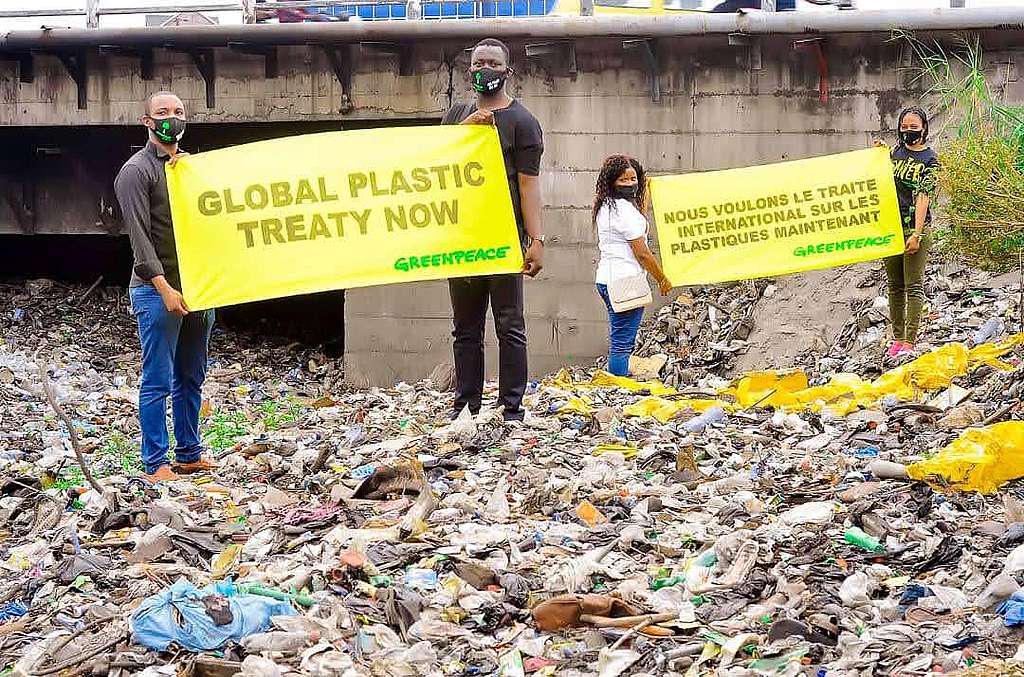
Global plastics treaty key in tackling Africa’s plastic crisis
The plastic pollution crisis is commensurate with the hope raised by “a global agreement to combat pollution caused by the production, use and disposal of plastics”, led by Peru and Rwanda, proposed on Thursday, September 2, 2021 in Geneva.
On the shores of Lake Geneva, more than 1,000 representatives of 140 countries and NGOs came together to establish an Intergovernmental Negotiating Committee with a mandate to develop “a legally binding international agreement based on a comprehensive approach to prevent and reduce environmental pollution” by plastics.
Just another meeting? Perhaps not if we rely on the progress noted in the text of the agreement, by taking into account “microplastics, a source of pollution whose magnitude is only beginning to be measured, and would promote a circular economy encompassing the entire cycle of these products: from their manufacture to their use”. But the resolution goes beyond the sole pollution of the marine environment by plastics because “80% of plastics that end up in the sea come from land-based sources” according to Sudouest.fr with AFP, in its September 03, 2021 edition.
Moreover, the resolution must be examined by member states and other stakeholders during the United Nations Environment Assembly, from February 28 to March 2, 2022 in Nairobi.Today, lessons seem to have been learned, especially in light of statistics that clearly demonstrate that for only the third time since the twentieth century, global plastic consumption has declined in 2020 compared to 2019, thanks to the health crisis, from a global production of 367 million tons against 368, according to the European association of plastic producers, Plastics Europe. Hence the need to reconsider our relationship with plastic, from its production to its disposal.
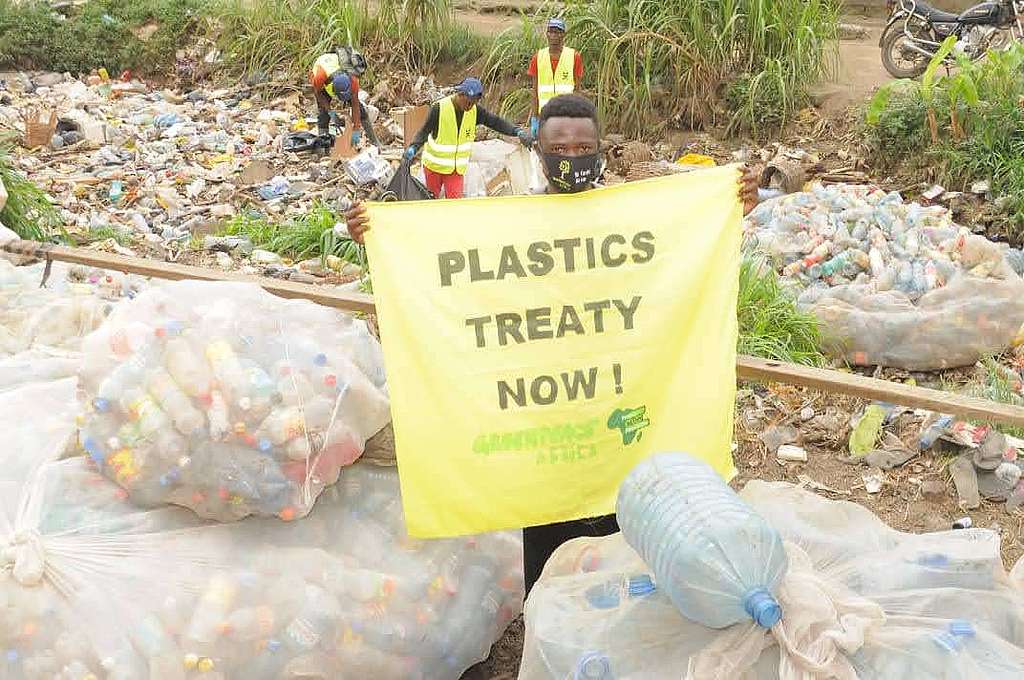
A global treaty to fight against plastic, an opportunity for the protection of the oceans in Africa, but not only…
What has not changed, however, is the situation of African countries that are now overwhelmed by the plastic peril, both on land and at sea, notwithstanding the laws and other international and internal regulations in force.
Added to this is the phenomenon of greenwashing, with plastic waste leaving Europe or the US in containers to be dumped in Africa. More than once, some governments (Senegal, Tunisia) have been radical and have simply returned to the sender. This is what made Awa Traoré, Greenpeace Africa Oceans campaigner, say that “Africa is not a dumping ground and can no longer be at the mercy of corporate interests. They make the world believe that plastic packaging can be sustainable, then they end up on our shores”.
This means that the global treaty to fight against plastic in gestation, is an opportunity to seize. We call on all African governments, environmental organizations, civil society actors in each country, activists, and companies to join their efforts for the establishment of this international treaty. Because, it is an urgent need to move the lines, especially with regard to African countries, at the risk of seeing in our large bowls of family meals in Africa, more plastic … than fish.
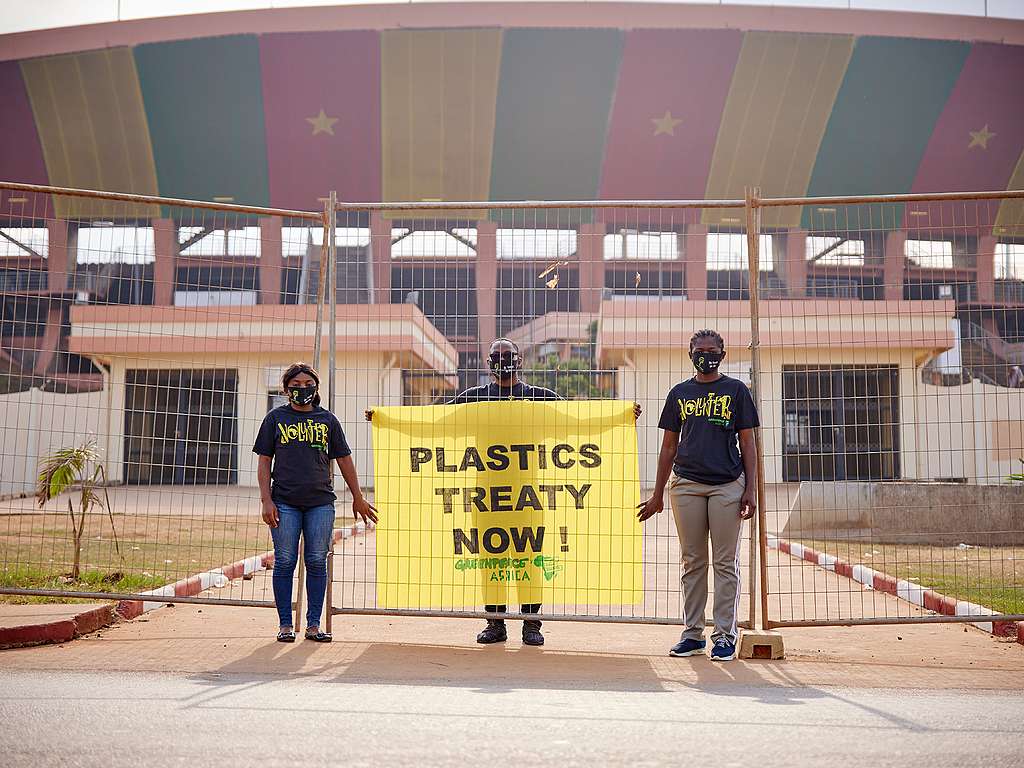
Cheikh Bamba Ndao – Greenpeace Africa – Twitter: @publicheikh

